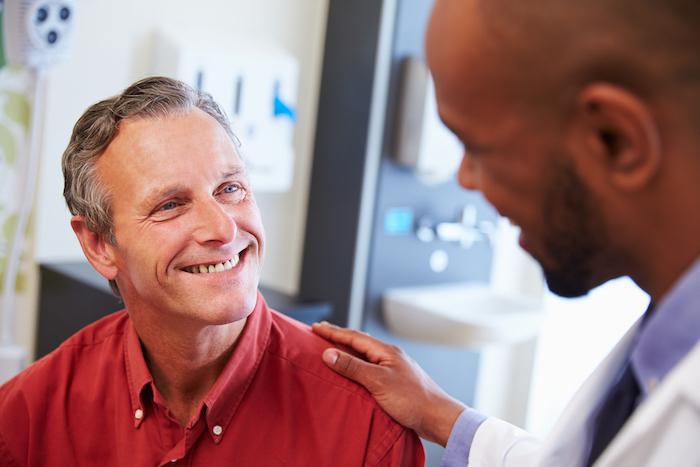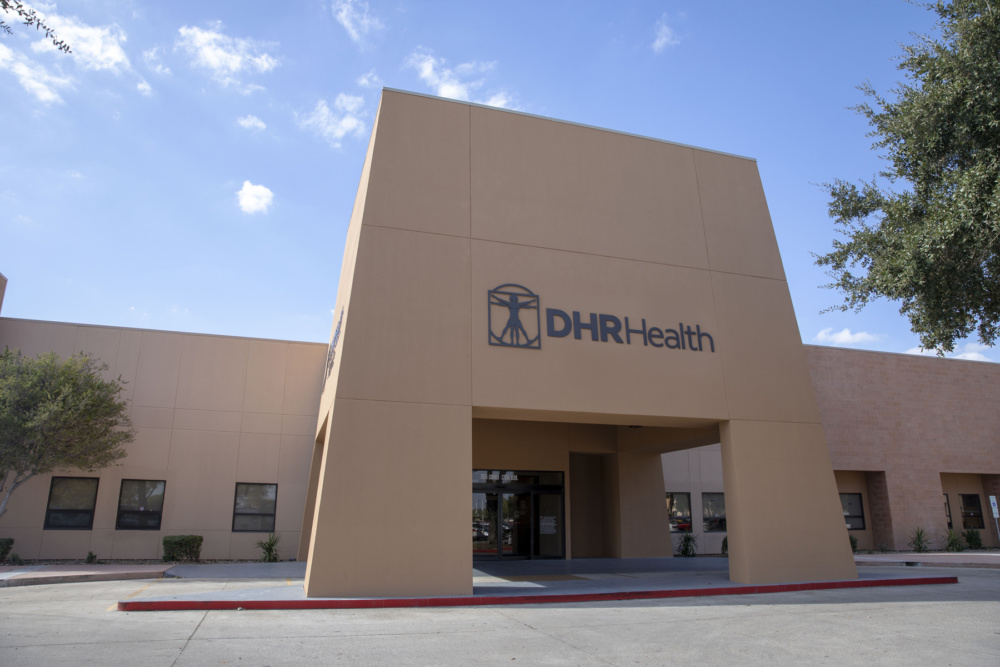South Texas Breast Surgery – Dr. Maria Palafox
Colorectal cancer is cancer that develops in your colon (large intestine) or rectum. It is one of the most common types of cancer, affecting 1 in 22 men and 1 in 24 women at some point in their lives.
Having regular colonoscopies can help protect you from colorectal cancer, both by finding cancer early, when it’s most treatable, and enabling the removal of precancerous polyps.
When should you start having colonoscopies? That depends on several factors, including your age.
Dr. Maria Palafox has performed many colonoscopies, and she understands the importance of starting to have this important screening test at the right time. Read on to learn about the guidelines she uses to determine when to schedule your first colonoscopy.
A crucial procedure
During a colonoscopy, Dr. Palafox inserts a scope into your rectum. The scope consists of a long, thin tube with a camera attached to it. Images from the camera appear on a computer screen that Dr. Palafox can view.
Colonoscopy allows Dr. Palafox to do a careful visual examination of your colon and rectum. She looks for inflammation, ulcers, and polyps, which are tissue growths on the inner lining of the colon or rectum.
If she finds any polyps, she removes them and sends them to a laboratory for analysis.
Although not all polyps turn into cancer, most colorectal cancers do begin as polyps. Removing polyps can protect you from developing colorectal cancer in the future.
When to have your first colonoscopy
Typically, Dr. Palafox recommends that patients begin having colonoscopies at age 45-50. But she may suggest that you have your first colonoscopy at a younger age if you have an elevated risk of colorectal cancer.
An earlier first colonoscopy may make sense if you have any of the following:
- Symptoms such as bloody stool, changes in bowel habits, abdominal pain, unexplained weight loss
- A family history of colorectal cancer or other types of cancer that raise colorectal cancer risk
- A personal history of inflammatory bowel conditions such as Crohn’s disease or ulcerative colitis
- Previous radiation to the abdomen or pelvic area to treat a previous cancer
- A genetic syndrome that is associated with colorectal cancer risk, such as Lynch syndrome
Future colonoscopies
If Dr. Palafox finds no polyps or other abnormalities, she usually suggests follow-up colonoscopies every 10 years.
If she does find one or more polyps, Dr. Palafox may recommend that you have another colonoscopy in 3-5 years, depending on the number, size, and pathology of the polyps she removes.
Is it time for your colonoscopy?
Don’t put off your colonoscopy. It could save your life.
Dr. Palafox is happy to consult with you to decide when you should start having colonoscopies. To schedule an appointment, call Dr. Palafox’s office or use the quick messaging tool.





Recent Comments